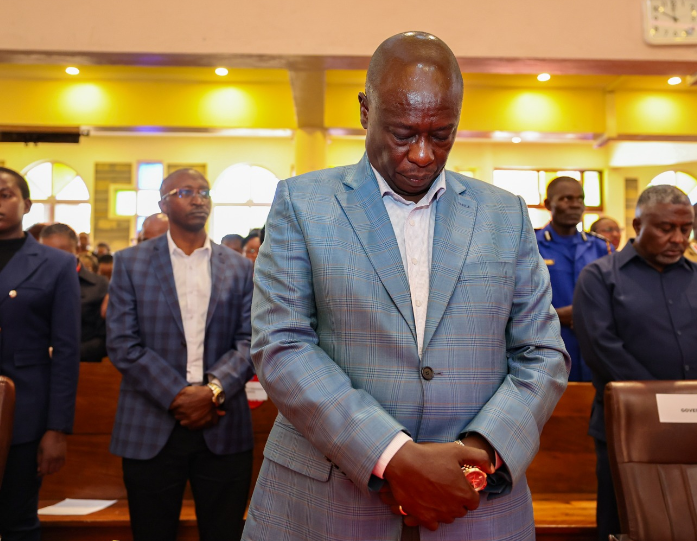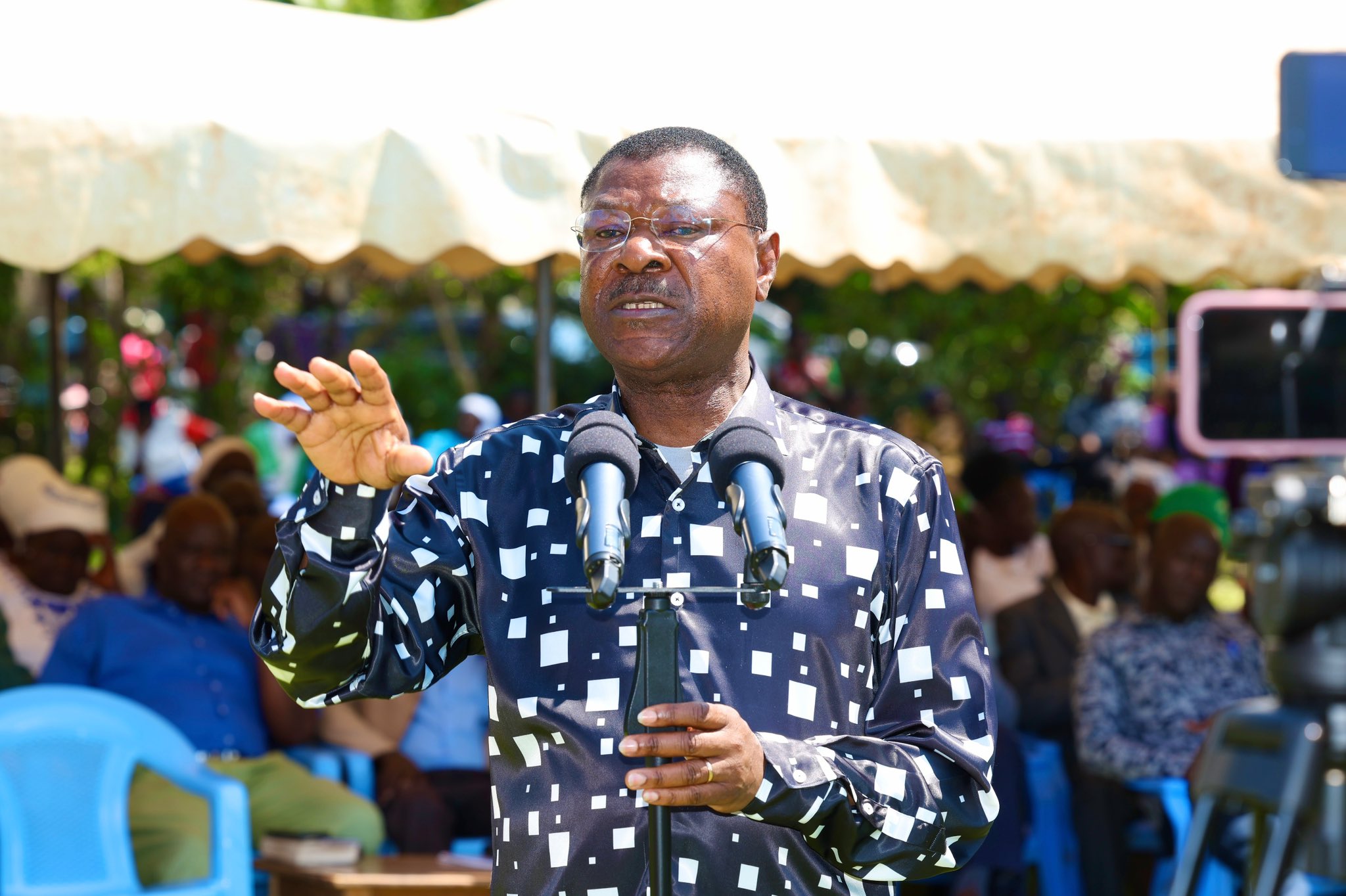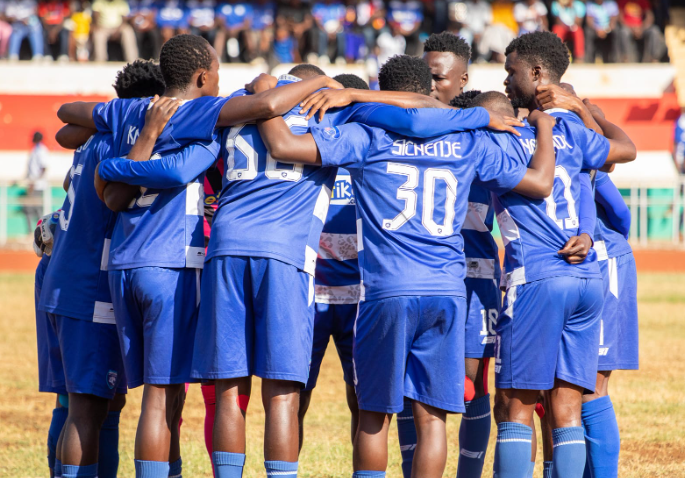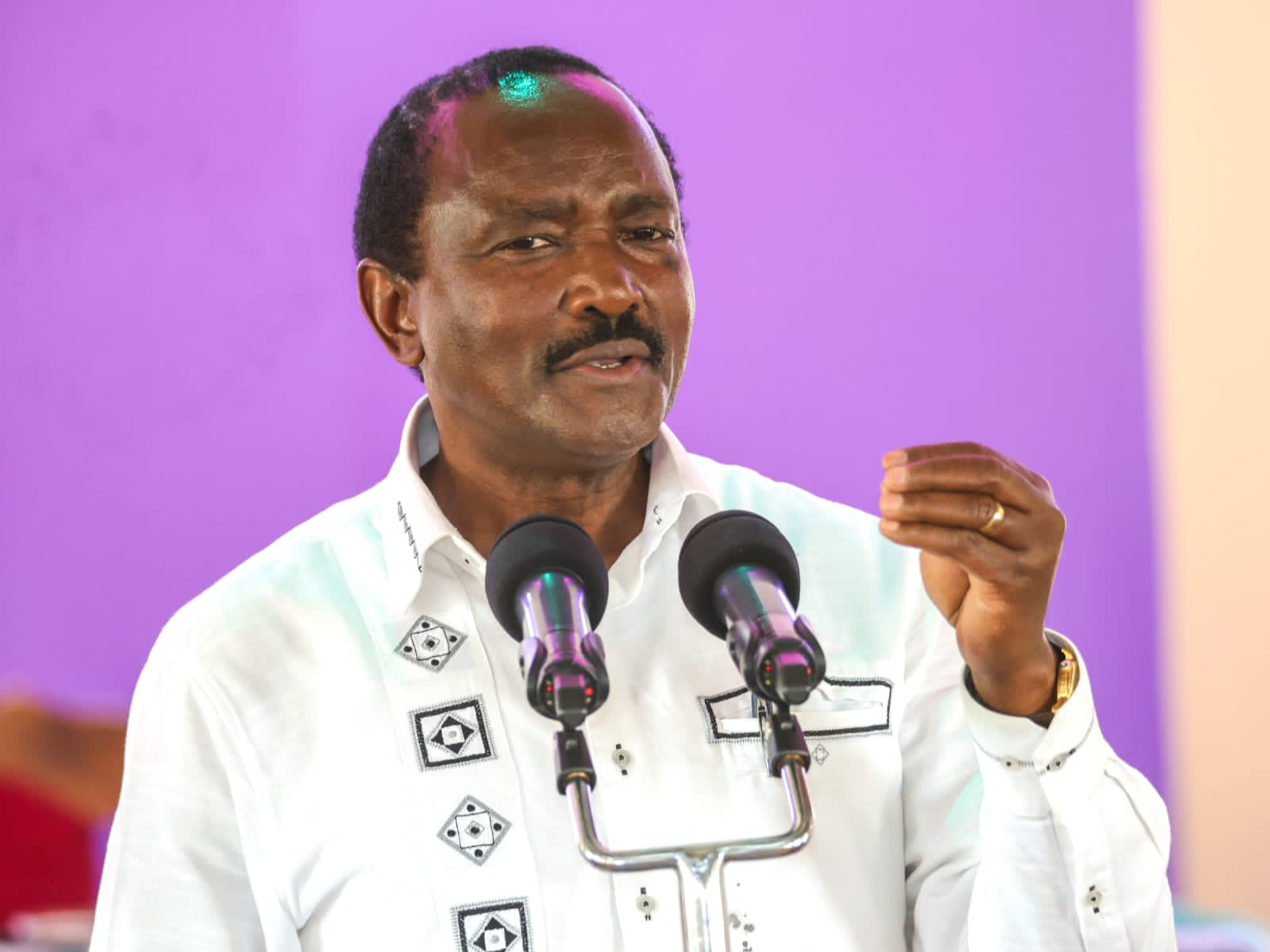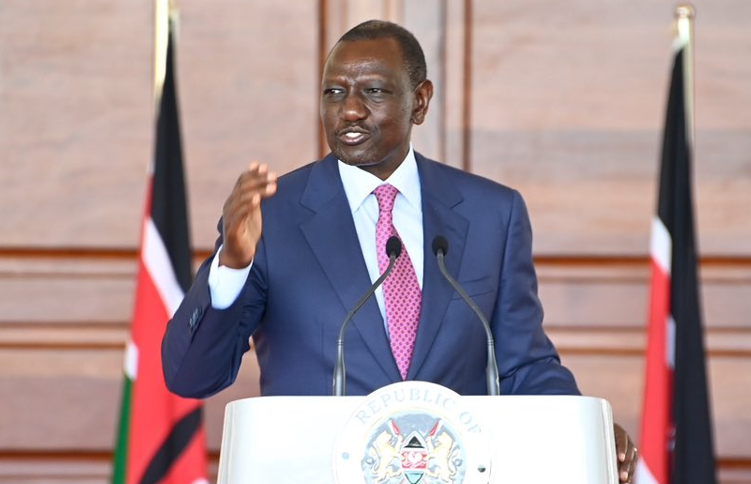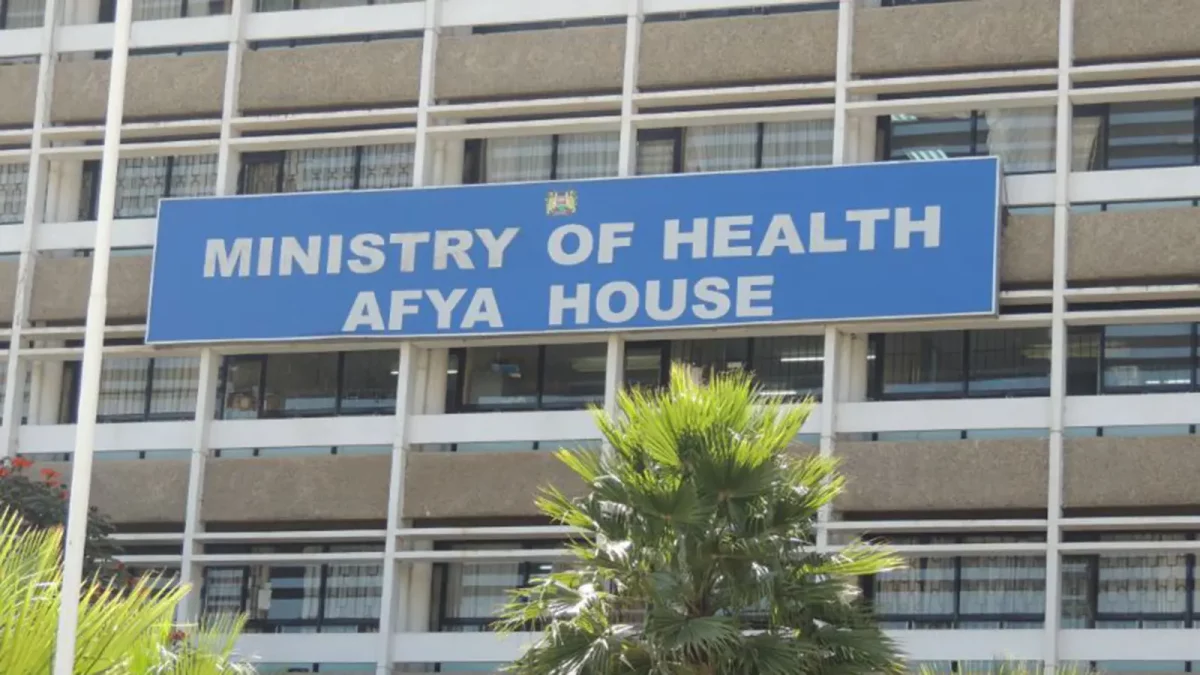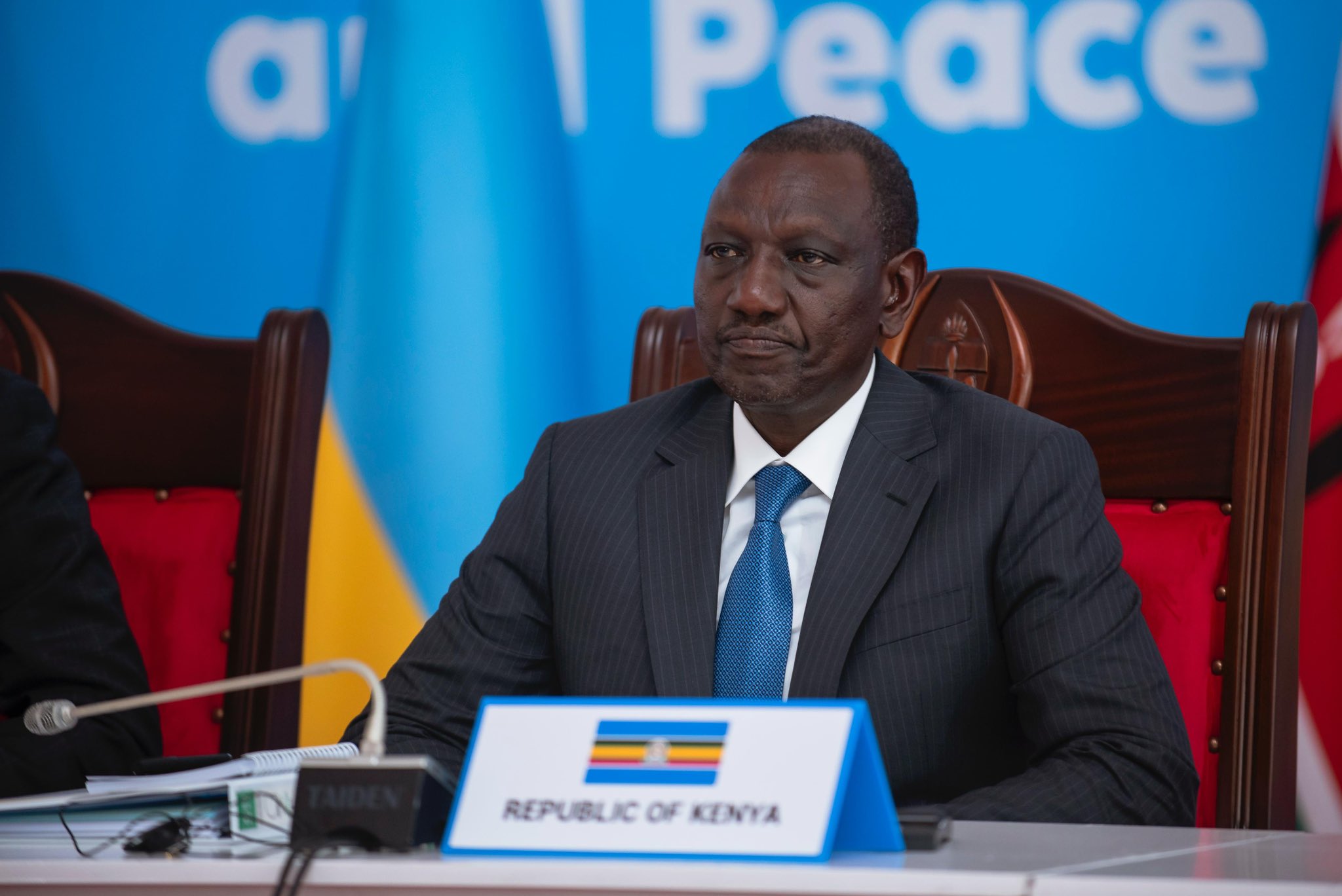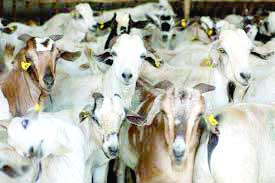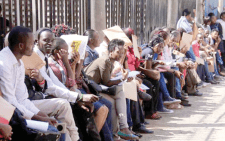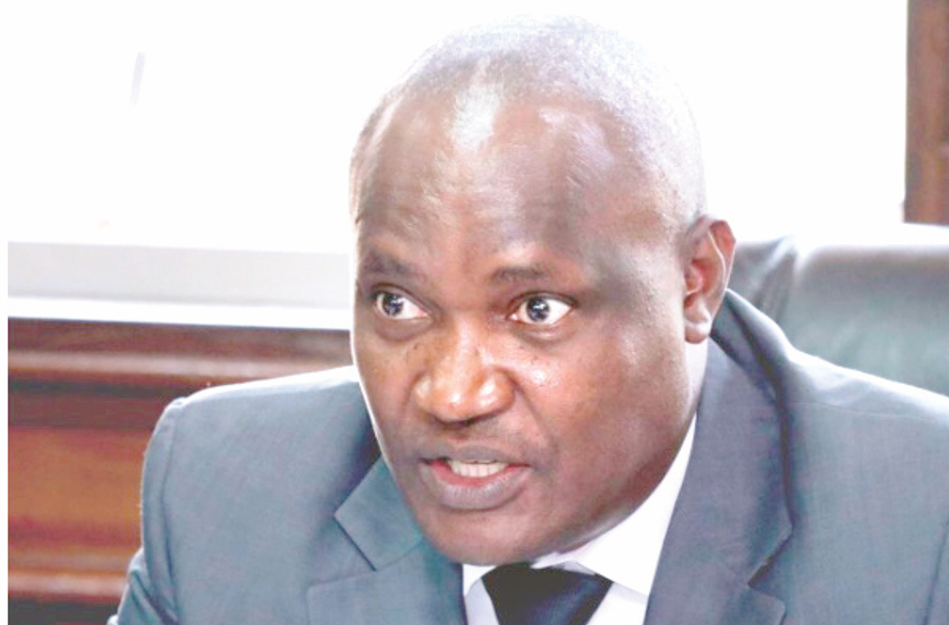Government seeks Sh138b for elections, bills and drought

The Budget Appropriations Committee is seeking to adjust government expenditure by Sh138.9 billion through a supplementary budget tabled in Parliament yesterday to take care of the 2022 General-Election, pending bills and enhance security.
Chairman of the Budget Appropriations Committee (BAC) Kanini Kega (pictured) said the additional funding will also support drought-related interventions, Covid-19, salary shortfalls and expansion of the Competency-Based Curriculum infrastructure.
“The upward adjustment of the budget is mostly on account of recurrent rather than development expenditure,” said Kanini. An earlier Sh126.3 billion supplementary budget, which had been submitted to Parliament by the National Treasury in February, shone a light on the tough balancing act by President Uhuru Kenyatta and this one deepens the tough choices that must be made with elections around the corner.
The first supplementary budget for the financial year 2021/2022 had been prepared by the National Treasury at a time when the economy was experiencing a rebound in growth with revenue estimated to have grown by Sh16.6 billion between June and December 2021
In total, the BAC said pending bills stood at Sh432.2 billion as of September 2021, with State corporations and Ministries, Departments and Agencies (MDAs) accounting for 87.8 per cent and 12.2 per cent of the bills, respectively. “The committee is concerned that some reductions in the development budget could potentially lead to further pending bills accumulation, especially where commitments had already been undertaken or there are contractual obligations,” BAC noted in its budget policy statement.
The total approved budget for 2021/22 stood at Sh1.942 trillion with the recurrent expenditures taking Sh1.274 billion and Sh668.378 billion going to development expenditures.
Additional resources
Speaking on the need for additional resources, Interior Cabinet Secretary Fred Matiangi, while addressing the National Development Implementation and Communication Cabinet Committee on Monday, named cyber and computer misuse, hate speech, livestock rustling as election-related security challenges that need to be addressed. Matiangi also said refugees and drought were posing a serious challenge to the security management, warning that the number of people in need of food and water relief in Arid and Semi-Arid Lands counties had risen to 3.1 million due to below the normal short rains last year.
Kanini said the committee was concerned that if this trend continues, it could eventually crowd out growth-enhancing expenditures under the development budget. He also said there was an under-absorption of the development budget attributed to foreign-financed projects.
“Many donor-funded projects face implementation challenges, mainly relating to low absorptive capacity by the recipient ministries, departments and agencies,” said Kanini.


